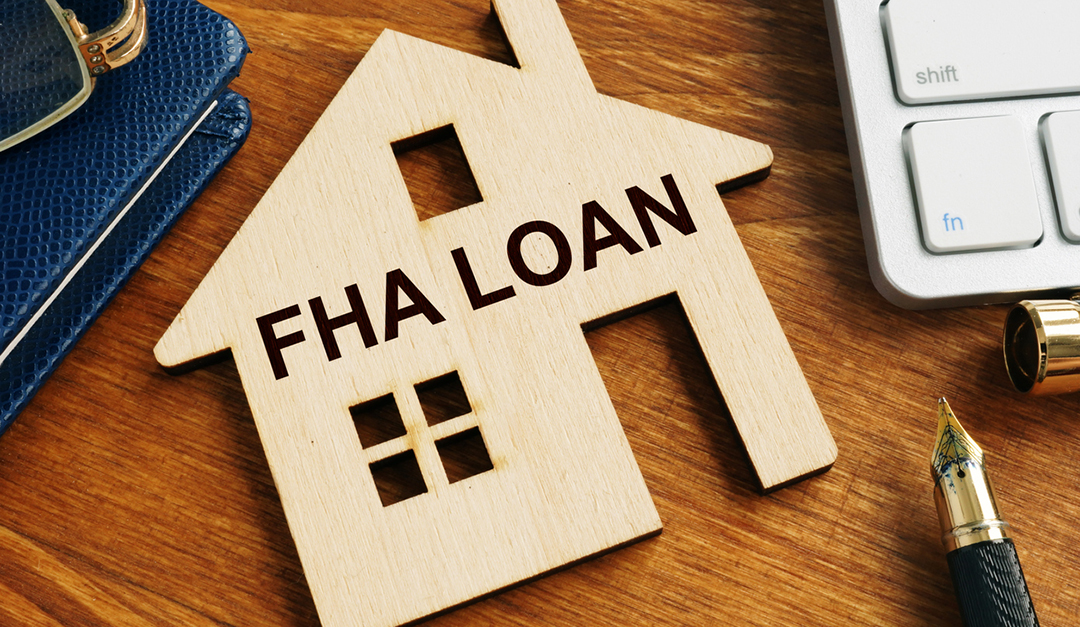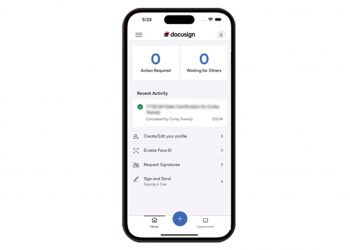(TNS)—FHA loans were created to encourage and help first-time homebuyers since the down payment for these mortgages backed by the Federal Housing Administration can be as low as 3.5 percent.
A traditional mortgage typically requires a down payment of 20 percent, which can be a hurdle for potential homeowners to save, especially when they are already facing credit card and student loan debt.
How Credit Scores Impact FHA Loan Down Payments
A homeowner’s credit score is the largest factor in determining the amount of a down payment for an FHA loan. For anyone with a credit score of 580 or higher, 3.5 percent is the minimum required for a down payment. Anyone with a credit score of 500 to 579 will have to save 10 percent for a down payment to obtain an FHA loan.
For a $125,000 home purchase, depending on your credit score, that’s $4,375 down at the low end and $12,500 at the top, which is a “significant swing,” says Jackie Boies, a senior director of Housing and Bankruptcy Services for Money Management International, a Sugar Land, Texas-based nonprofit debt counseling organization. “Many borrowers select an FHA loan because they are easier to qualify for, allowing for a lower credit score and some credit history blemishes.”
FHA loans are government-backed mortgages and insured by the Federal Housing Administration. These loans are often a good fit for first-time homebuyers because down payments are lower, as are minimum credit scores, helping borrowers buy a home sooner. While the mortgages are insured by the federal government, the loans are obtained through mortgage lenders who are approved by the FHA.
“They tend to have interest rates that are competitive with loans that are out of reach for some borrowers,” she says.
What Are Mortgage Insurance Requirements on FHA Loans?
One catch to FHA loans is that homeowners are required to pay mortgage insurance premiums, often known as PMI. The additional payment is required because lenders are taking on more risk since homeowners paid a lower down payment, which could impact the mortgage company if the owner fails to make payments on the loan and defaulted.
“Federal Housing Administration (FHA) loans are designed for low- to moderate-income borrowers and come with unique concessions and perks,” says Chris de la Motte, co-founder and president of Simplist, a New York-based digital mortgage marketplace. “FHA loans are alluring to first-time homebuyers. However, keep in mind that this type of loan carries other strict requirements such as required mortgage insurance premiums and loan limits not found in other alternatives.”
In most cases, consumers have to pay mortgage insurance when they have less than 20 percent for a down payment. FHA loans are stricter than traditional mortgages and require homeowners to pay two mortgage insurance premiums for the life of the loan.
The premiums include the following:
- Upfront mortgage insurance premium: 1.75 percent of the loan amount and is paid when the borrower gets the loan. The premium can be rolled into the mortgage.
- Annual mortgage insurance premium: 0.45 percent to 1.05 percent, depending on the term of the loan (15 years vs. 30 years), the loan amount and the initial loan-to-value ratio, or LTV. This premium amount is divided by 12 and paid monthly.
For a homeowner who borrows $150,000, this means the upfront mortgage insurance premium would be $2,625 and your annual premium would range from $675 ($56.25 per month) to $1,575 ($131.25 per month), depending on the length of the mortgage.
Unlike traditional mortgage insurance premiums, homeowners are required to pay FHA premiums for the entire term of the mortgage. The only time you can stop paying them is to refinance into a non-FHA loan or to sell the house.
“The drawbacks of an FHA loan include that mortgage insurance is required for the length of the loan and there are minimum property standards that you must adhere to,” says Amy Wilemon, a mortgage loan originator at Atlanta-based Silverton Mortgage. “For instance, the home has to be your primary residence and cannot be in need of major repairs.”
Down Payment Gifts and Rules for FHA Loans
People who choose an FHA loan can receive money as a gift to help towards the total amount of the down payment.
There are several rules that homeowners need to keep in mind. Gifts can come from friends, family members, labor unions and employers, according to data from the Department of Housing and Urban Development (HUD).
Even non-profit organizations can provide money for a contribution toward a down payment.
In addition, each state offers various assistance programs for down payments for both first-time and low-income home buyers. People obtaining an FHA loan are also eligible for these programs.
HUD prohibits these individuals from contributing to a down payment:
- Home builders
- Sellers
- Real estate agents or brokers
- Anyone with a vested interest in selling the house
©2020 Bankrate.com
Distributed by Tribune Content Agency, LLC











Mortgage insurance for FHA loan is called MIP, PMI is for Conventional loans.